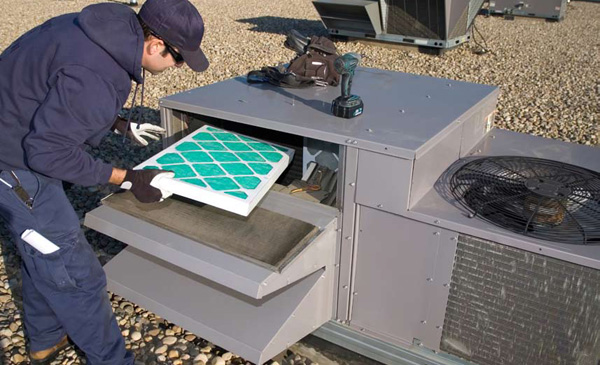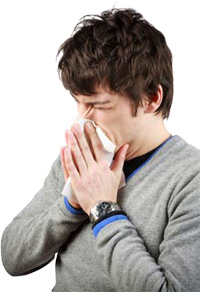Shali Habibulla emphasises the importance of clean air for our general well-being and suggests ways to improve the quality of air we breathe.
Shali Habibulla emphasises the importance of clean air for our general well-being and suggests ways to improve the quality of air we breathe.

Air is a necessary resource for every human being and clean air is a great way to keep our body healthy and happy. Clean air is rather difficult to come by these days. This has detrimental effects on our health. We breathe about 20,000 times each day. Each person inhales over 3,500 gallons of air each day. Children inhale more particles for their size than adults. Each time we breathe, our body has to utilise the oxygen in each breath and filter out the “leftovers”. These could be extra gases like carbon monoxide and carbon dioxide, lead or hydrocarbons, among other things. This puts an extra strain on our body’s already taxed detoxification systems. Polluted air causes 94% of all respiratory problems. The products that leave a person’s lungs during exhalation are carbon dioxide and water (exhaled air has a relative humidity of 100%), which are eliminated by the human body. Atmospheres with oxygen concentrations below 19.5% can have adverse physiological effects, and atmospheres with less than 16% oxygen can become life threatening.
Improving indoor air quality and safety
GEA Refrigeration Germany How fresh is an air freshener?
Air fresheners do not “purify” the surrounding air; nor do they add natural fragrances. They are not a solution for poor air quality, and are not a substitute for good ventilation. A study released by the National Institute of Environmental Health Science and Natural Resources Defense Council (NRDC) evaluated and found that 12 of them contained variable amounts of substances called phthalates – a group of chemicals that are used to dissolve and carry fragrances, soften plastics and also as sealants and adhesives. Phthalates are commonly found in a variety of products including cosmetics, paints, nail polish, and children’s toys and tobacco.
Studies suggested that high exposures to certain kinds of phthalates can cause cancer, sex hormone abnormalities (including decreased testosterone and sperm levels), can affect fertility and cause developmental abnormalities in infants. This could pose a serious problem for those with asthma or other lung problems. Reduced lung function is also a risk factor for heart disease, stroke, and lung cancer.
Combating the problem
Dust allergy is a major problem which people in the Gulf region typically suffer from. Proper methods of air filtration need to be adopted in HVAC systems to solve the problem and prevent it from recurring.
Air filtration:
 Filtration of the air is an often overlooked part of the total conditioning of any space/room. Since the air supplied from the system mixes outdoor air with the return air from the conditioned space, it must be filtered properly to a level that ensures product quality.
Filtration of the air is an often overlooked part of the total conditioning of any space/room. Since the air supplied from the system mixes outdoor air with the return air from the conditioned space, it must be filtered properly to a level that ensures product quality.
Most systems have commercial grade 30% filters as the first level of filtration in the process. These filters are 30% efficient on a 1 micron particle, and are designed to be changed monthly.
The second level of filtration in a system is matched to the specific process with the product in the room. Uncooked or raw product requires a level of filtration that is 95% (ASHRAE) efficient on a 1 micron particle, removing virtually all the airborne yeast, bacteria and mould particles. HEPA (High Efficiency Particle Arrestor) filters are rated 99.97% efficient on a 0.3 micron particle, and each filter is factory- tested for efficiency.
Conclusion
Proper sizing, features and construction are important considerations in the selection of the environmental control systems. Although the outdoor air is also polluted, it is less polluted than our homes/offices. If your house/office is air conditioned, you should regularly clean/change air filters. If your house is not air conditioned, you need to always keep your house well aired out by opening doors and windows.
The only true air purifier is nature, and air around areas with a lot of fresh plants and trees is much more pure. If you live away from such areas, go to nature spots as often as possible, and also try to exercise outdoors.
How often should you change disposable HVAC return air filters?Under normal circumstances, changing disposable filters every 30 to 60 days is fine. If you have just moved into a new house, it is recommended that you change them every 30 days for the first month or two, to get an idea of how dirty they get.
|
The writer is Project Manager, Al Muftah Trading & Contracting WLL
Copyright © 2006-2025 - CPI Industry. All rights reserved.